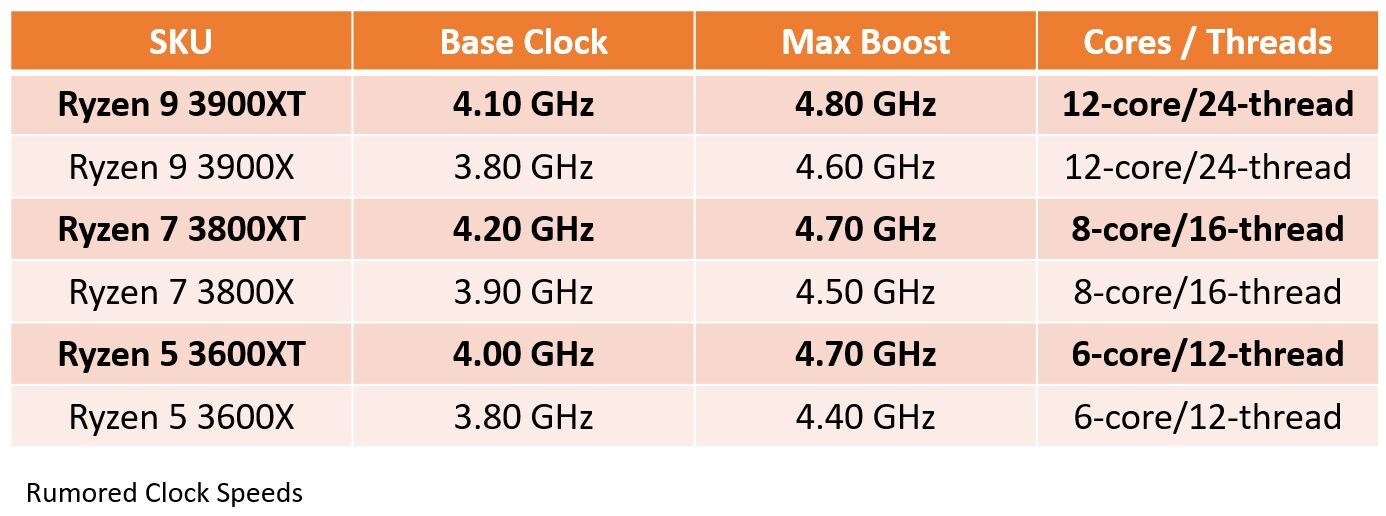

Hence, it’s imperative for all users to upgrade their BIOS or apply the standalone vulnerability patch, as recommended by AMD. Ryzen 7040 Series Processors (with Radeon Graphics)ĪMD talks about the potential impact of the Inception attack on data confidentiality.Ryzen 7030 Series Processors (with Radeon Graphics).Ryzen 7035 Series Processors (with Radeon Graphics).Ryzen 6000 Series Processors (with Radeon Graphics).Ryzen Threadripper PRO 5000WX Series Processors.Ryzen 5000 & 4000 Series Desktop Processors (including CPUs like Ryzen 5 5600G or Ryzen 7 4700G APUs).In the desktop CPU lineup (including Workstation): We have detailed both the desktop and laptop processor lineups, which fall under the Zen 3 & Zen 4 architectures below for your reference. Please refer to the list below to check whether your AMD Ryzen CPU is affected by the Inception vulnerability or not.
Amd zen 3 refresh update#
In the report linked above, AMD mentions that Zen 3 and Zen 4-based processors will require a µcode patch or an AGESA firmware update for the BIOS to patch the vulnerabilities being exploited by the Inception attack. Hardware used by researchers from ETH Zurich to test Inception vulnerability attack (Courtesy: Kaveh Razavi/ ETH Zurich) Check If Your AMD CPU is Affected by Inception Attack You can read more about the Inception attack via the report available here (PDF). Since the mitigation process has begun anyway, Zen 3/ Zen 4 CPU users will be safe as long as they ensure to patch their systems with AMD’s upcoming AGESA Firmware update for the BIOS, or the µcode patch. AMD is not aware of any exploits out in the public utilizing ‘Inception’ vulnerabilities, apart from the research environment. The mitigation process is in the pipeline. Hence, users with Zen 3 and Zen 4 CPUs are recommended to update their systems timely and keep malware-detection tools active. By the way, this attack is similar to the ‘Spectre’ vulnerabilities found in Intel CPUs.ĭaniël Trujillo, a security researcher focusing on microarchitectures, said the following in relation to the Inception attack, “It looked as though we could make the CPUs manufactured by AMD believe that they had seen certain instructions before, whereas in reality that had never happened.”ĪMD’s report states that if newly downloaded malware could be utilizing these vulnerabilities, it can access sensitive and confidential data on your computer. This is true even though there are hardware & software mitigations in place, which remove harmful data within an information container such as a file, known as sanitization of the data. Researchers recently discovered that the mitigations implemented by AMD to prevent attackers from altering the state of microarchitectural buffers do not work effectively. The Inception vulnerability is described as a side-channel attack.


 0 kommentar(er)
0 kommentar(er)
